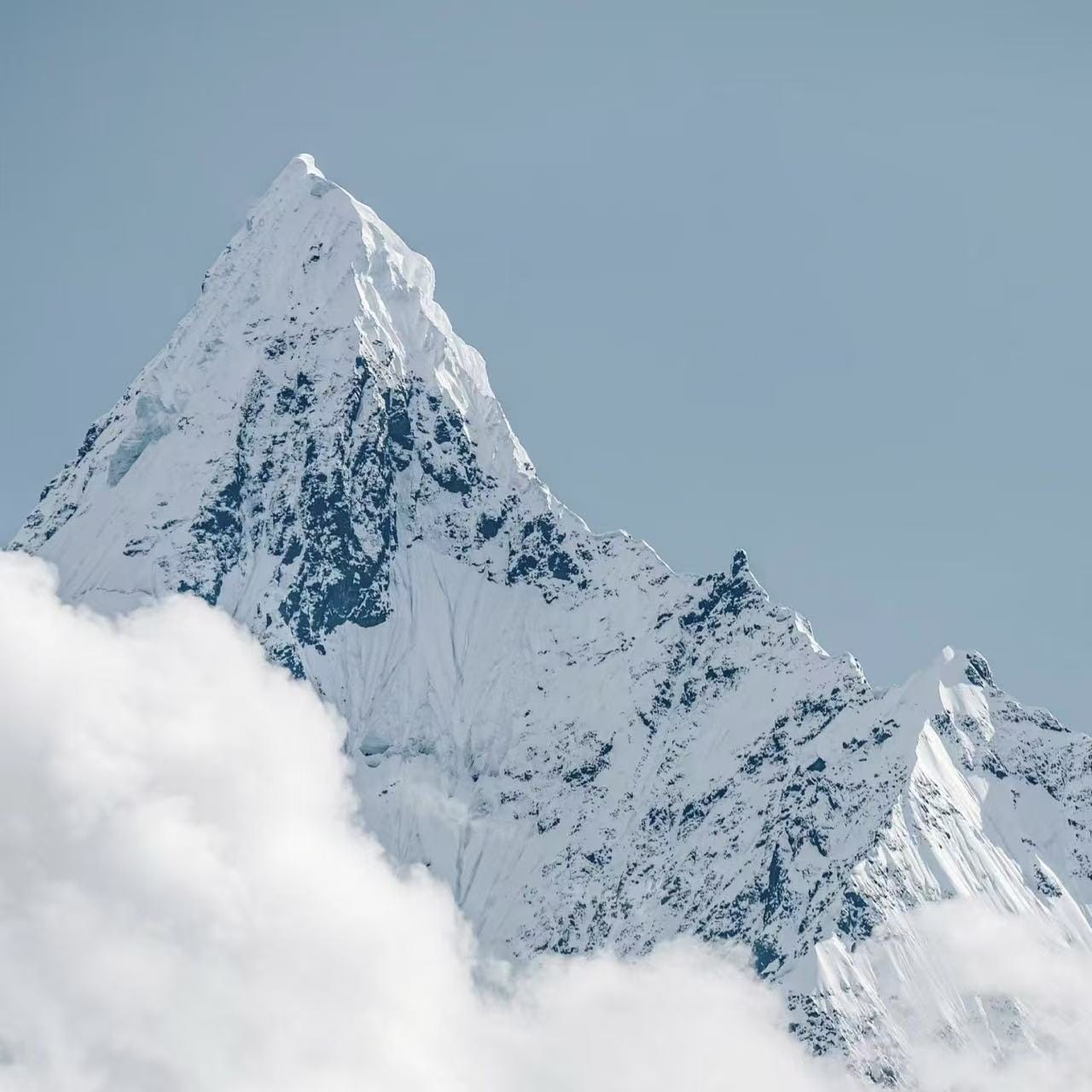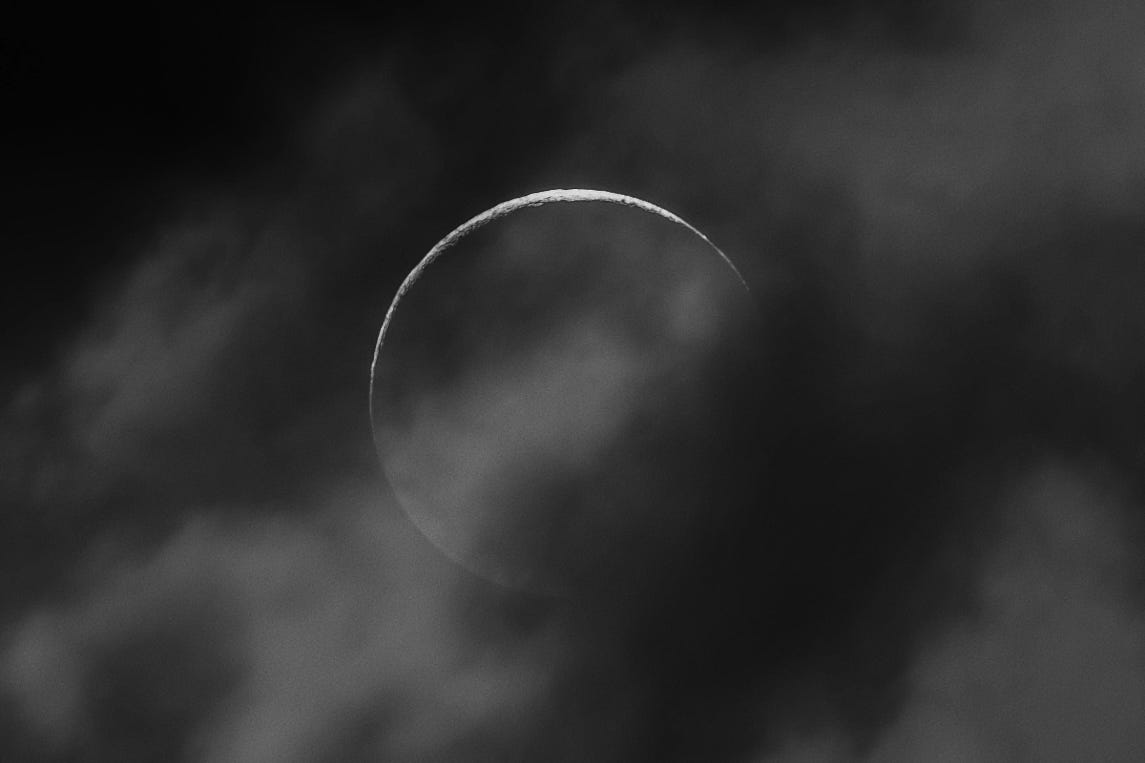Though Buddhist scriptures are as vast as the ocean, their sole purpose is to guide beings toward liberation (mokṣa) and omniscient wisdom (sarvajñatā). The Buddha never taught what is irrelevant to these goals.
—Neo Shakya
🔔 The following content is excerpted from Neo Shakya’s teachings on the Dharma. Practicing Like Retreat: Knowing Yourself at the Subconscious Level
Disciple: Since there are no definitive factors of existence, this means life possesses infinite possibilities.
Guru: Correct.
Because causes and conditions are constantly changing, they too hold infinite possibilities.
Otherwise, there would be no need for spiritual practice. If we were inherently real, then we would remain as we were before: "I am fixed, and what I was before is what I must be later. There are no causes or conditions that can change me. If I had afflictions before, I should continue to have them, with no possibility of attaining liberation through practice."
Disciple: Then, if the conventional self is established, suffering in samsara isn’t so terrifying, is it?
Guru: But suffering is still suffering.
Disciple: Then who is the one suffering?
Guru: Who is the one in samsara? It seems there is no "who," yet you still experience suffering, don’t you?
Disciple: What does realizing that the person (pudgala) is merely nominal counteract?
Guru: It counteracts afflictions. The oppressive force that compels you to generate attachment and aversion loses its power.
It’s not that you cease to exist—only your self-perception transforms.
You no longer feel compelled to rely on attachment and aversion to survive. If you were independently real, you would have no choice but to depend on attachment and aversion to exist.
Disciple: Then samsara isn’t so dreadful either—there’s no controlling entity.
Guru: There is no controller, yet your aggregates still experience feelings. But this risks veering into nihilism, so we must be careful not to fall into that extreme.
The reason the view of no-self (anatman) often leads to nihilism is that we’ve always deeply believed, "What is life? What is a living being? It must be independently real—these are synonymous."
But once this illusion of independent reality is dismantled, does that mean life no longer exists? That there are no living beings? No persons (pudgala)? That starts to feel like annihilation.
Disciple: When causes and conditions align, suffering arises. When they change, suffering can diminish—it’s mutable.
Guru: Exactly. Many things are happening within this so-called “I,” not just a singular “I” existing alone. There’s no such “I.”
The correct view of no-self is like having a home before a nation, whereas the view of self is like having a nation before a home—first there is "I," then "my aggregates," these subordinate parts. But in reality, it’s the opposite: the parts exist first.
Disciple: If one falls into nihilism, they might think, "There is no self, I don’t exist," and thus act recklessly.
Guru: Yes, it becomes "nothing matters anymore."
♥️ Gratitude for your mindful attention. May these insights help you better understand Buddhism.
🔔 Suggested Readings:
Guru-Disciple Dialogue: On "Meditative Stability and Celestial Communication"
Though Buddhist scriptures are as vast as the ocean, their sole purpose is to guide beings toward liberation (mokṣa) and omniscient wisdom (sarvajñatā). The Buddha never taught what is irrelevant to these goals.
Om Arapacana Dhih
Author: Neo Shakya
Editor: Arwen Candra
To the seekers of truth, let's forge a bond in this shared space!







Siddhartha: Love is possible only when there is understanding. And only with love can there be acceptance. Practice living in awareness, children, & you will deepen your understanding. You will be able to understand yourselves, other people, & all things. And you will have hearts of love. That is the wonderful path I have discovered.
— Old Path White Clouds, Thich Nhat Hanh
Under ultimate analysis, everything is empty, but in conventional terms, everything exists. Thus, suffering exists, samsara exists, cultivation exists, liberation from suffering exists, and transcendence of samsara exists. The interplay of ultimate and conventional truths is precisely the marvel.